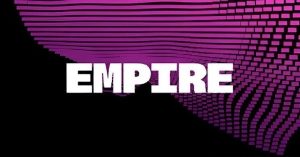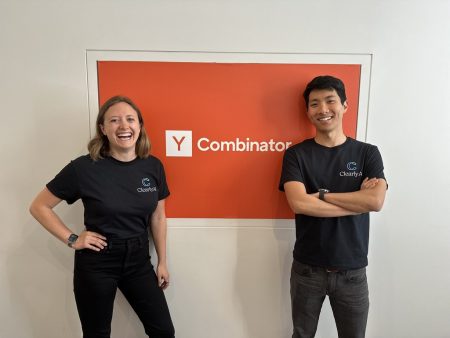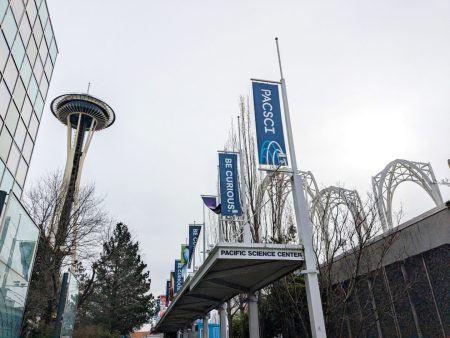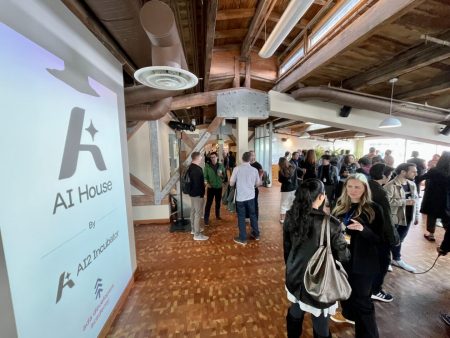Navigating the Tech Frontier: A Week in Innovation and Controversy
In the ever-evolving landscape of technology, Microsoft continues to push boundaries by integrating generative AI directly into Excel, marking a significant evolution for one of computing’s most foundational applications. The new “COPILOT” function represents a paradigm shift in how users interact with spreadsheets, allowing for natural language processing within individual cells. Rather than relying on external chatbots or plugins, users can now type commands like =COPILOT(“What is the sentiment of the comment in cell A2?”) to instantly analyze data. This innovation brings the power of AI directly into the workflow of millions of Excel users worldwide, democratizing access to sophisticated data analysis. By embedding these capabilities within the familiar Excel environment, Microsoft is bridging the gap between traditional spreadsheet functionality and next-generation AI tools, potentially transforming how businesses process and interpret their data in real-time.
The tech industry continues to experience significant personnel shifts and strategic realignments as companies position themselves for the AI era. Notably, Rami Sinno, the director of engineering at Amazon Web Services’ Annapurna Labs—the heart of Amazon’s silicon chip development—is reportedly departing the company. This move comes at a critical juncture when custom silicon development has become increasingly vital for AI infrastructure. Meanwhile, in the mobile technology sphere, T-Mobile subscribers purchasing Google’s new Pixel 10 lineup will gain access to groundbreaking satellite connectivity for data-dependent applications like Google Maps. This development represents a major leap forward in mobile connectivity, potentially eliminating dead zones and revolutionizing how people navigate in remote areas. The convergence of satellite technology with everyday smartphone applications signals a new chapter in telecommunications accessibility.
Despite Seattle’s reputation as a technology hub, the city appears to be lagging in certain cutting-edge innovations. The local startup and venture capital community is notably absent from the current AI boom, missing out on what many consider the most significant technological wave in recent history. This absence raises questions about regional innovation ecosystems and whether geographic concentration of AI development in other areas might reshape the technology landscape. Similarly, while cities like San Francisco, Los Angeles, and Phoenix have embraced autonomous vehicle services, Seattle residents remain unable to hail driverless taxis despite the city’s technological pedigree. These gaps highlight how even established tech centers can sometimes fall behind in specific domains of innovation, creating an uneven adoption landscape across the country.
Healthcare technology has received a significant boost with the launch of a $1 million global competition aimed at accelerating Alzheimer’s disease research through artificial intelligence. Supported by Bill Gates and other prominent figures, this initiative exemplifies how AI can be harnessed to address some of humanity’s most challenging medical conditions. By incentivizing innovation in this space, the competition hopes to identify breakthrough approaches that could potentially transform our understanding and treatment of Alzheimer’s. The intersection of AI and healthcare continues to be one of the most promising frontiers in technology, with potential benefits extending far beyond immediate commercial applications to fundamental improvements in human wellbeing and longevity.
The business technology sector continues to evolve with Seattle-area startup TeamSense securing additional funding for its employer-focused absence reporting and communication platform. This investment reflects growing interest in tools that streamline workplace management and improve employer-employee communication channels. As workplaces increasingly adopt hybrid models and distributed teams, platforms that enhance connectivity and operational efficiency have become essential infrastructure for modern businesses. TeamSense’s growth illustrates how specialized enterprise software continues to find market opportunities by addressing specific organizational pain points, even in a technology landscape increasingly dominated by AI headlines and consumer applications.
Technology’s broader social impact came into sharp focus as protesters occupied part of Microsoft’s Redmond campus, intensifying their campaign against the company’s provision of technology to the Israeli government and military. The demonstration, lasting over an hour, represents the growing tensions between technology companies’ global business operations and activist concerns about how their products and services are deployed in geopolitically sensitive contexts. This incident highlights the increasingly complex ethical landscape that major technology companies must navigate as their products become more deeply integrated into government, military, and security operations worldwide. As technology’s reach extends further into critical infrastructure and national security, the industry faces mounting pressure to establish clear ethical frameworks for deployment and partnership decisions, balancing business objectives with social responsibility in an increasingly polarized global environment.













